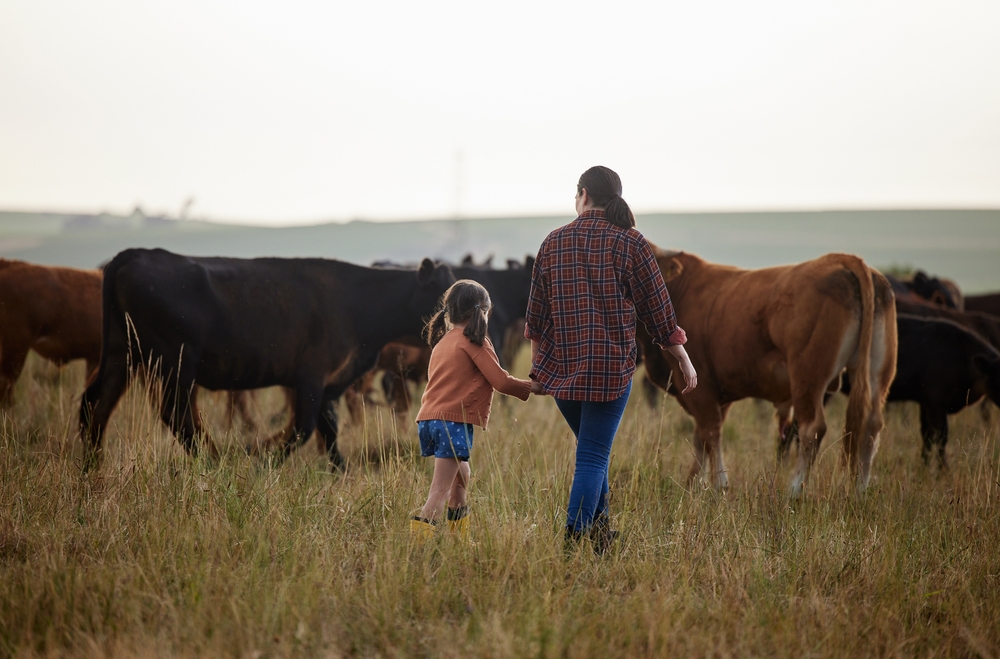Families finding it tough to access early learning services in regional, rural and remote parts of Australia are facing financial stress, a new report has found.
On Monday, The Parenthood released a report spotlighting the negative impacts of inaccessible early learning on regional, rural and remote communities.
The report shares the stories of 160 parents, carers, educators and community leaders who are bearing the brunt of early learning and care shortages in those communities.
The Parenthood found 86 per cent of families from regional, rural and remote communities struggling to access early learning services face financial stress.
Maddy Butler, campaign director at The Parenthood, said early learning care shortages not only impacts families looking to access care, but impacts the entire community.
“Country towns are no longer the affordable and relaxed places to raise children they once were. Having more accessible early learning services has the power to change that,” Butler said.
“Regional, rural and remote parents’ mental health is suffering as they navigate searching and waiting for early learning spots, making alternative arrangements and juggling caring responsibilities with paid work. It shouldn’t be this complicated.”
Last week, the Jobs and Skills early childhood Census revealed it would take around 21,000 early childhood education workers to meet the current demand in the industry.
Butler said the ramifications of this nation-wide shortage hits even harder and regional, rural and remote communities.
“We know that lack of early learning and care is a struggle for parents right across the country,” Butler said. “But the shortage of services is far worse outside of the cities, where it’s common for more than three children to compete for every childcare place.
“This, combined with record high regional house prices and generally more costly expenses like groceries and petrol put parents from regional, rural and remote communities at a real disadvantage.”
The Parenthood spoke with nurses, teachers, early childhood educators and psychologists who were forced to reduce their working hours or leave their jobs altogether because of the lack of care options for their children in regional, rural and remote communities. Farming families are also significantly dependent on access to care for children.
“They tell us they feel socially isolated and burnt out as they go to extremes to find makeshift care solutions, like working through the night, to stay financially afloat and make sure their kids are looked after,” Butler from The Parenthood said.
“The lack of care in country towns means that everyone loses: children, parents, business, essential health and education services and Australia’s wider economy.”
‘Governments can fix this.’
Currently, 70 per cent of the early childhood education is privately run, which is limiting families’ access to care, especially families not in urban parts of the country.
In May this year, The Parenthood joined forces with more than 50 organisations to form the Access for Every Child Rural Coalition in Canberra. The group is fighting for stronger government action on early childhood education and the care system.
“Governments can fix this,” Butler from The Parenthood said. “Early childhood education and care cannot be left to the private sector alone.
“Private providers aren’t setting up shop in many country towns because there’s no guarantee of a profit. But this is an essential service that children, families and communities need.”
Earlier this year, the government announced a wage increase of up to 15 per cent for workers in the early childhood education sector, a move welcomed by those in the industry.
Butler said the policy, which comes into effect later this year, is a good start, with further incentives needed to boost the sector, particularly in regional, rural and remote communities.
“Access to early childhood education and care should not depend on your postcode, or how much you earn,” Butler said.
“Governments must step up to take the pressure off of regional, rural and remote parents and make sure their families are no longer disadvantaged.”


